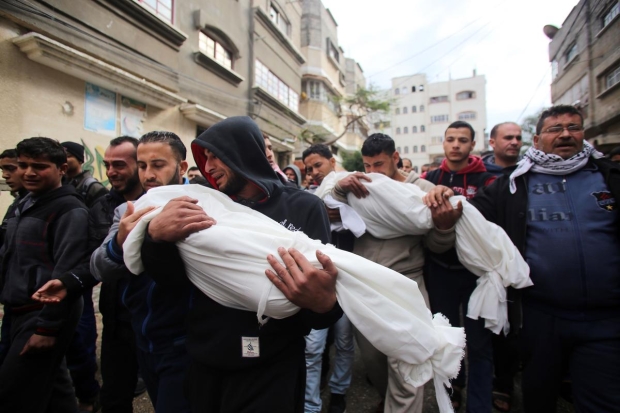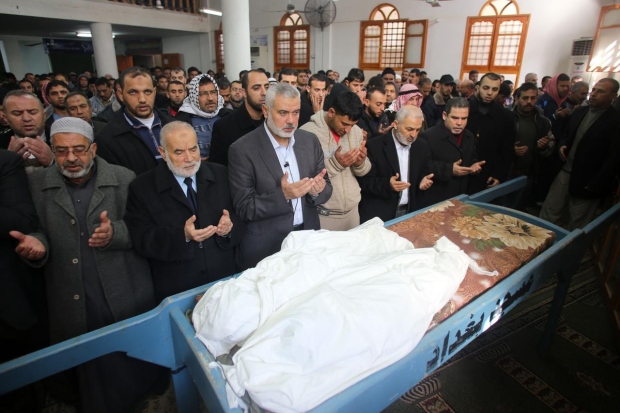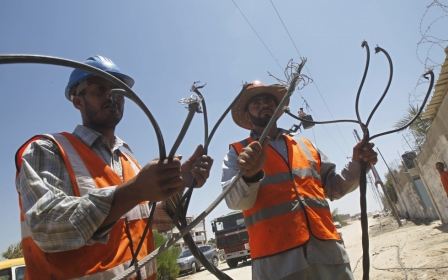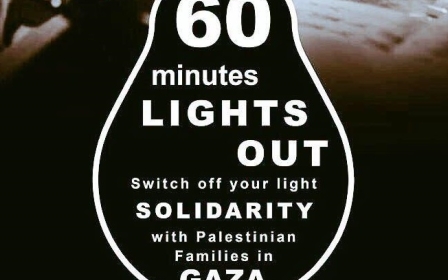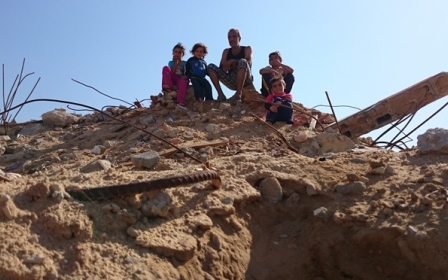Two Gaza children burn to death after electricity outage
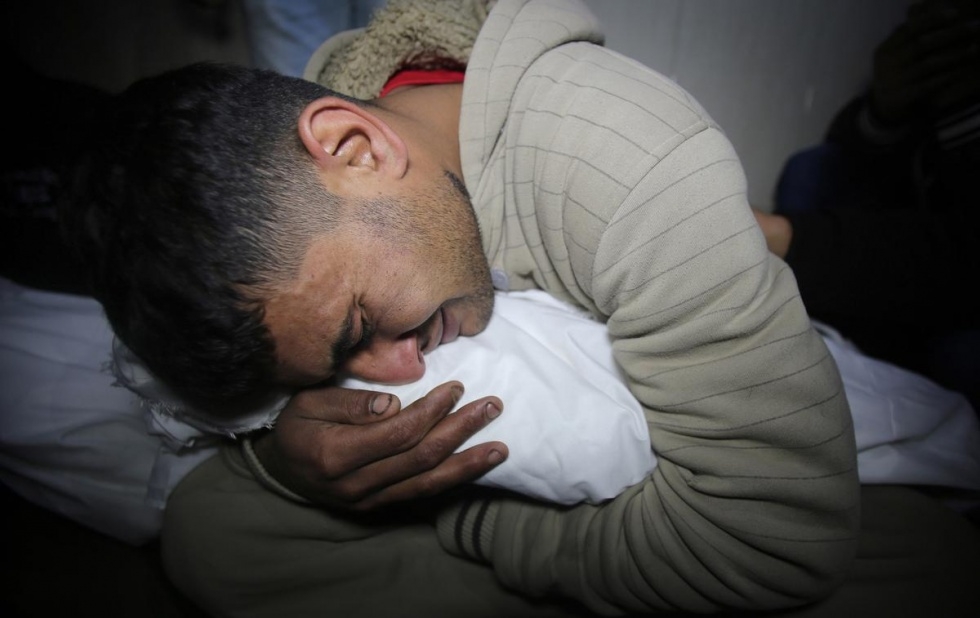
A massive fire caused by a short circuit has left two young brothers dead in the embattled Gaza Strip while their father sustained moderate burns, their family said on Sunday, blaming the enclave's chronic electricity crisis for their death.
"Power supply had gone out intermittently for several minutes, triggering a short circuit in the two children's room, which caused a huge fire on Saturday evening, leading to their death," Fatma al-Hubail, the two children's aunt, told The Anadolu Agency at the family house in Gaza City.
According to al-Hubail, the two children – both 3 and 4 – were sleeping when the fire broke out in their room. Having got scared, the children ran into the closet of their room, thinking they would be safe inside.
"Their father tried to save them, but he fainted from smoke inhalation," she added.
Al-Hubail noted that the father, Mohamed, had never used candles when the electricity went out in the past, lest the house should catch fire as a result.
She said there had been several cases of neighbouring houses that caught fire when their residents used candles to get light.
In January 2013, the six members of a family were killed when their Gaza City house caught fire as well. The fire was caused by a candle the family used to get light after an electricity outage.
"I call on the international community to intervene to help us solve this electricity crisis," al-Hubail said.
Gaza, which has been blockaded by Israel since 2007, has been troubled by the electricity crisis for about seven years now after Israel tightened its siege.
Israeli rejection of Turkish power-generators
Since 2012, a rotation system has been used in delivering electricity to homes in the Gaza Strip. The electricity is delivered to some homes for six hours and then cut off to be delivered to other homes for six more hours.
Among the factors that exacerbate the electricity crisis in Gaza are problems with the strip's infrastructure, the shortage of industrial fuel required to generate electricity, as well as technical issues with Gaza's only functioning power plant.
During the latest Israeli offensive on the Gaza Strip - which lasted for 51 days and left 2,160 Palestinians dead - the strip's sole power plant went out of service after its main fuel tank was targeted by Israeli airstrikes.
Even though the plant remains functional, it has stopped running due to Gaza's chronic fuel shortage.
The Gaza Strip requires 360 megawatts of electricity – of which only 200 megawatts are currently available – to meet the needs of its roughly 1.9 million residents.
Gaza currently has three sources for electricity: Israel, which provides 120 megawatts; Egypt, which supplies 28 megawatts; and Gaza's power plant, which generates between 40 and 60 megawatts every day.
In November, the Israeli authorities have officially rejected a proposal of having a Turkish floating power-generating ship near the Gaza Strip coast to help solve the electricity crisis in the embattled enclave.
Last month, a symbolic campaign to highlight the problem of power outage in Gaza took place in a number of cities across the globe, using the Twitter hashtag #GazaLights.
Participants turned off their lights for one hour from 19:00 to 20:00, each according to their local time, mimicking how life is like for Gazans who have to endure frequent power outages.
New MEE newsletter: Jerusalem Dispatch
Sign up to get the latest insights and analysis on Israel-Palestine, alongside Turkey Unpacked and other MEE newsletters
Middle East Eye delivers independent and unrivalled coverage and analysis of the Middle East, North Africa and beyond. To learn more about republishing this content and the associated fees, please fill out this form. More about MEE can be found here.


